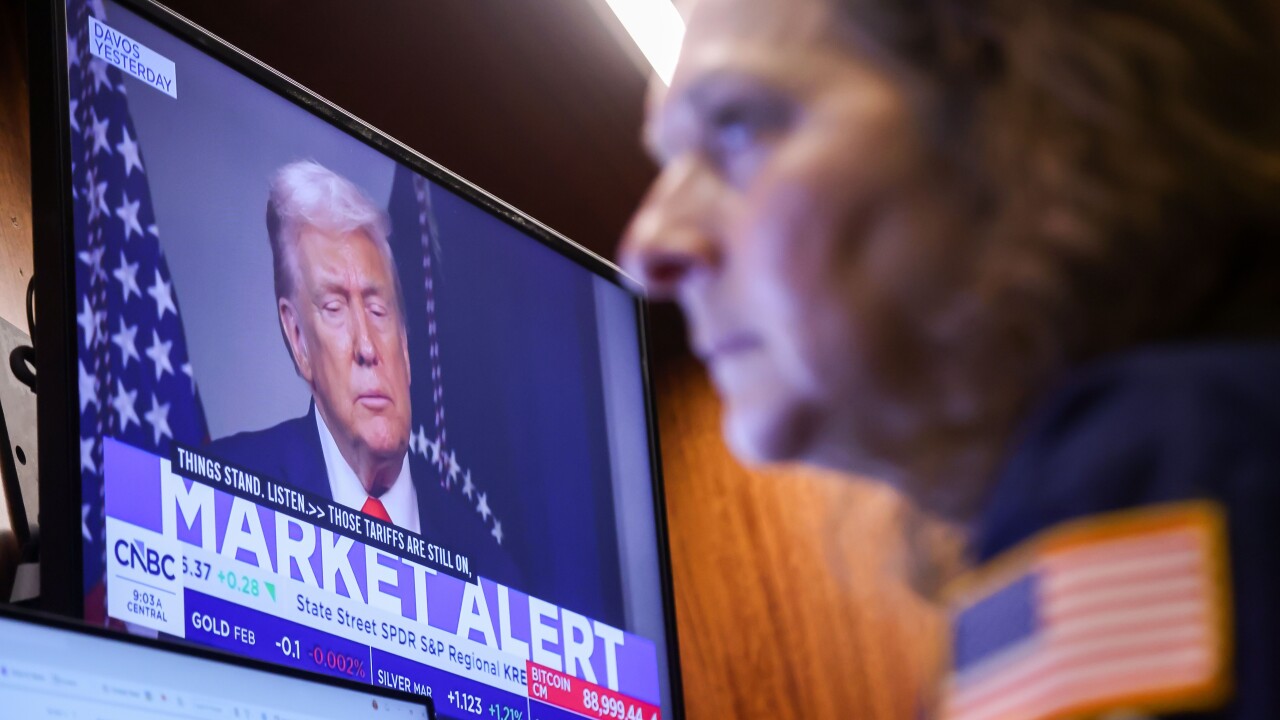As economic impact payments from the federal government continue to show up in consumers’ checking accounts, the credit union industry has joined the chorus calling for financial institutions not to garnish those funds.
Many in the industry
Now that he heads the agency, Harper is once again calling for those payments to be protected.
“Lawmakers intended for consumers to spend these checks on necessities like food, shelter, utilities, and medical care,” Harper said in a statement last week tied to the agency’s monthly board meeting. “However, because the new law lacks necessary guardrails, I am very concerned that some financial institutions may soon make shortsighted decisions to use these stimulus funds to instead pay for overdraft fees, outstanding debts, and other liabilities. Financially stressed American consumers deserve better treatment.”
The chairman praised credit unions that have committed to protecting members’ payments from garnishment and collections, and said those institutions are doing the right thing and “demonstrating the cooperative philosophy at the heart of the credit union movement.”
Several credit union trade groups have also called for the institutions they serve to protect those funds and not put them toward debt obligations without members’ consent.
This week also sees the Credit Union Legislative Action Committee’s resumption of political donations to federal candidates. CULAC, the Credit Union National Association’s political action committee and the industry’s largest political giver, announced last week that the PAC’s board had voted to resume those donations.
It is unclear when CULAC paused its giving, but it is believed to have been sometime in January following the deadly riots at the U.S. Capitol.
“The pause gave us much-needed time to reflect and to listen to our donors and key stakeholders,” Jeff Olson, CULAC chair and president and CEO of the Dakota Credit Union Association, said in a release Friday. “After much consideration, it’s clear our members want to continue to support our electoral work while ensuring candidates supported represent the integrity and values of the credit union movement.”
Many banking groups
Several House and Senate members who received CULAC funding in 2020 were





